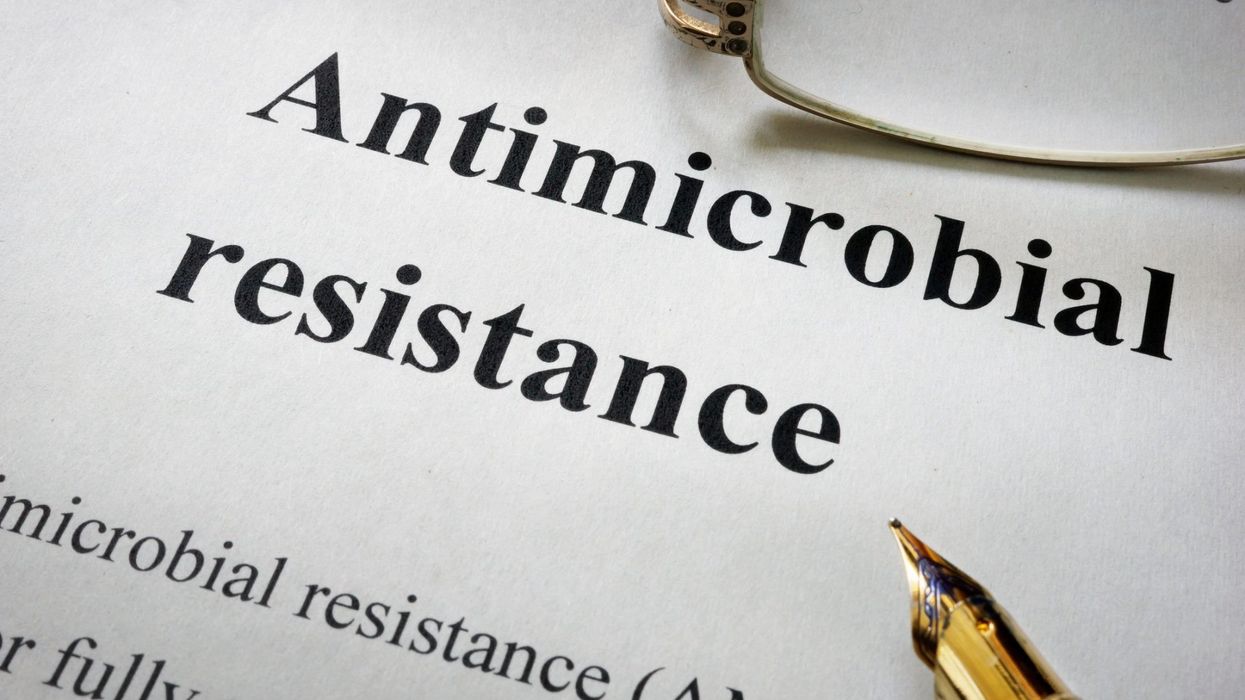The Medicines and Healthcare products Regulatory Agency (MHRA) has issued an advice for the safe use of anticoagulants during the current Covid-19 pandemic.
The advice includes a reminder for doctors and other healthcare professionals to continue regular blood tests in patients taking warfarin or any other vitamin K antagonist, such as acenocoumarol (Sinthrome) or phenindione (Dindevan) and who have developed an additional illness.
The blood test will indicate if there is a need to change the dose of the anticoagulant.
“In particular, it is important these regular blood tests are done in any patients with symptoms of Covid-19 or who have tested positive so that they can be given the right care at an early stage to reduce the risk of bleeding,” the health regulator has said.
It is import for the GPs to conduct regular blood tests for the patients with Covid-19 symptoms who are being treated with the anticoagulants.
The latest advice also includes a reminder of the potential for drug interactions between some anticoagulant tablets and medicines used to treat infections. This means antibiotics may interact with warfarin or other vitamin K antagonists.
Other anticoagulants tablets including apixaban (Eliquis), dabigatran (Pradaxa), edoxaban (Lixiana) or rivaroxaban (Xarelto) can also interact with certain medicines.
These drug interactions can potentially increase the blood-thinning effect of some anticoagulants and lead to a higher risk of bleeding.
The healthcare professionals can find further information on these interactions in the patient information leaflet which accompanies each pack of medicine.
If a patient is taking warfarin or any other vitamin K antagonist, it is important to be consistent with what he eat and drink because this may affect how well this medicine works.
The patients should not drink large amounts of alcohol while taking warfarin or any other vitamin K antagonist. They are also advised to take the daily dosage at the same time of day swallowed whole with a glass of water.
The patients have been advised to inform their GP if they…
- have sickness or diarrhoea or have lost their appetite;
- have started taking any new medicines, including antibiotics, antivirals, over the counter medicines, herbal remedies or vitamin supplements;
- have recently stopped smoking or are drinking more, or less, alcohol than usual;
- are taking warfarin or any other vitamin K antagonist and are unable to attend their next scheduled blood test for any reason, including because they feel unwell.
Sarah Branch, Director of Vigilance and Risk Management of Medicines, said: “Patient safety is our main priority and it is important that patients taking blood thinners continue to be monitored carefully as we all coordinate responses to Covid-19.
“We are working closely with other healthcare partners to protect public health in the UK. Please continue to follow NHS Covid-19 advice and communicate with your GP and healthcare team to manage your treatment.”
It is important that the patients follow the directions of their healthcare team and do not suddenly stop taking or alter the dosage of their prescribed medications unless told to do so.











